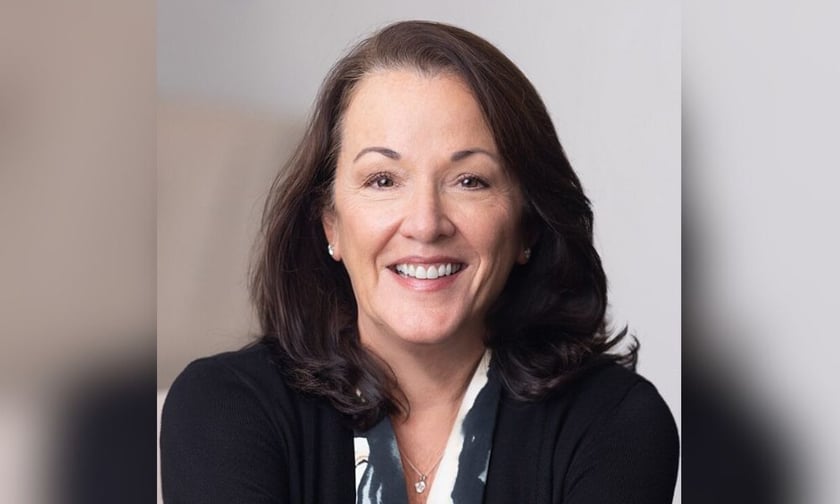

As independent agencies and carriers continue to evolve, so too must the networks and alliances that support them. In an increasingly complex landscape shaped by economic shifts, technology, and industry-wide challenges, these networks must provide more than just market access - they must act as strategic partners, offering guidance, resources, and a sense of community.
For Diane Wagner (pictured), vice president of strategic planning and education at First Choice, a MarshBerry company, the key to network success lies in acting as a trusted advisor and helping member agencies think through their strategic plan with both short term and long-term goals.
A critical part of this approach is ensuring agencies know their numbers, commit their goals to writing, engage their staff in the day-to-day execution of the plan, and have structured strategic plans. Regularly revisiting short term goals ensures agencies stay on track and don’t lose sight of their long-term goals.
Beyond planning, networks must also help agencies navigate the increasingly complex insurance landscape, particularly when it comes to economic shifts and technological advancements. Steven Pearson, president of ISU Steadfast Insurance Agency Network, sees networks as crucial in filtering valuable insights and best practices to shield independent agencies from overwhelming market forces.
“One aspect of an insurance network alliance is that the advisory board learns better practices and techniques and shares those in a way to help insulate the independent insurance agent from some of these powerful forces coming at them,” he said.
Pearson highlighted the importance of understanding economic trends; networks can leverage such insights to direct agencies toward viable growth opportunities.
“Some takeaways were that interest rates are likely to remain somewhat high, especially if tariffs are high, but that there's a huge need for housing, especially multifamily housing,” he said. “So, networks can take back to their agencies, saying, ‘You ought to look at commercial habitation risk,’ because there's building, there's growth, there's funding, and we know that's going to happen.”
With the rise of artificial intelligence, networks also play a key role in helping agencies separate meaningful advancements from industry hype. AI, much like the introduction of personal computers in the 1980s, presents a turning point for agencies. Networks must help agencies determine how to integrate AI effectively, ensuring they don’t fall behind in a rapidly digitizing industry.
“An individual agency can’t possibly investigate each of those—they’re trying to run their business,” Pearson said. “An expression I like is: ‘AI will not take your job. What you do requires too much discretion, too much thought, and too much prior experience—but someone who knows how to use AI will take your job.’”
For networks to remain relevant, they must evolve beyond simply providing market access, said Mike Strakhov, senior vice president - agency banking market leader at Westfield Bank. This includes education, technology resources, and specialized programs tailored to agency needs.
“Networks understand that they need to provide an array of value-added services beyond market access,” he said.
According to Strakhov, networks are increasingly offering professional services such as E&O programs, niche-specific specialty programs and M&A resources. This collaborative model ensures that agencies have access to collective problem-solving and shared successes.
“Many have built a strong community amongst their members wherein members help members build a better agency,” he said. “The ‘all for one, one for all’ concept speaks to the mutual benefit of membership in a group, and one member’s success is shared by the group.”
This sense of shared resilience proved particularly valuable during the hard market, reinforcing the importance of networks.
“The hard market was a great opportunity for networks to shine as they can solve problems as a group, find solutions much more readily than an agent can on their own, and learn from the efforts of others what is working and what isn’t,” Strakhov said.
As agencies face new challenges and opportunities, networks must take on a broader role, serving as strategic advisors, technology navigators, and facilitators of collective success. From providing tailored strategic planning and filtering industry insights to fostering collaboration and problem-solving, independent agencies are not alone in their evolution - those that leverage the full breadth of support from their networks will be best positioned for long-term success.
